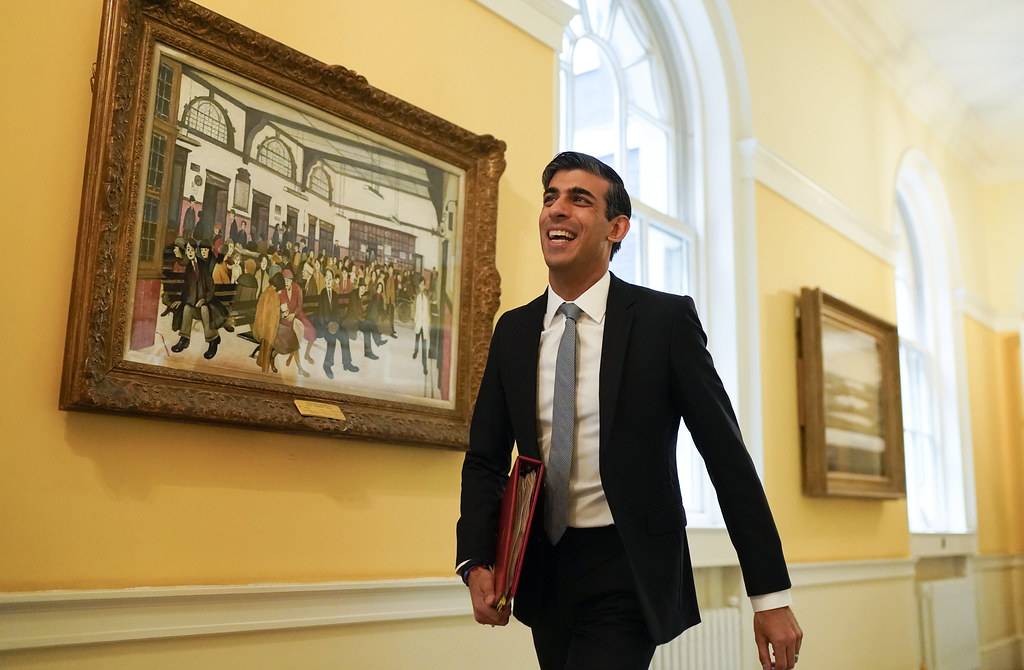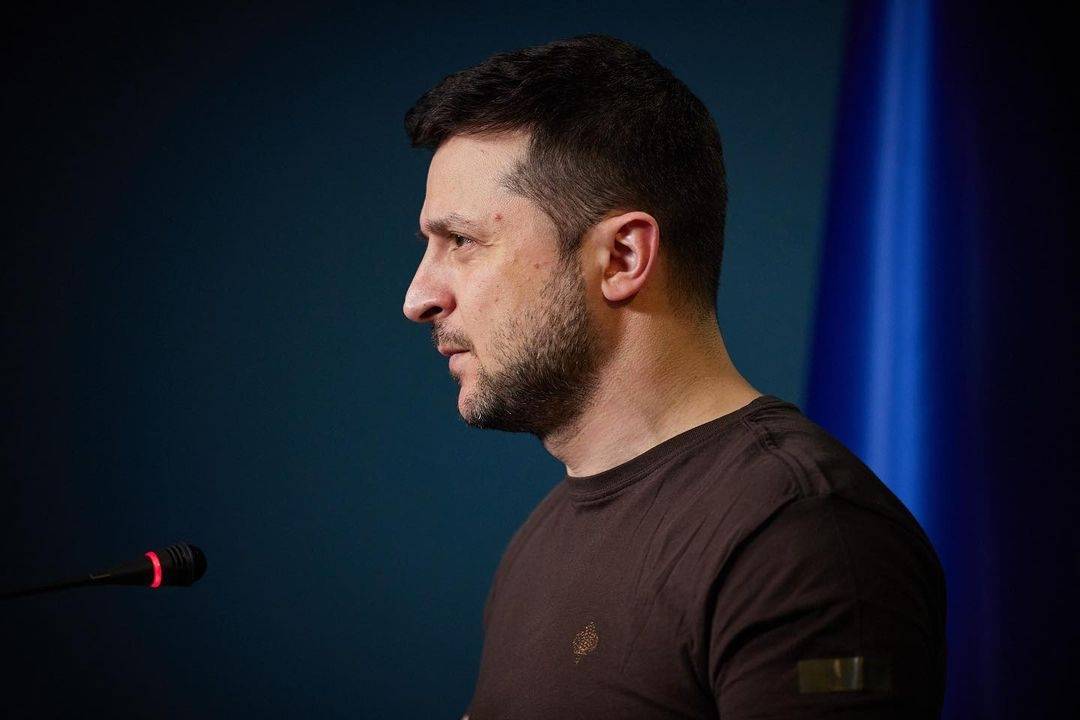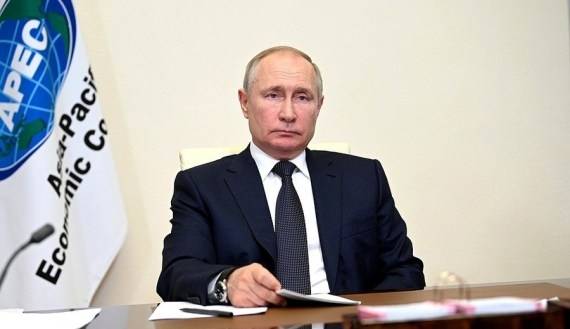The chancellor said he had already allocated a £24bn cash increase for military spending over four years, while allies said his spring statement was not a moment to announce more, reports Asian Lite News
Rishi Sunak is resisting pressure for a big increase in defence spending this week in the wake of Russia’s invasion of Ukraine, as he attempts to free up money for cuts in fuel duty and taxes to ease the crisis in the cost of living.
Sunak has told ministers he is turning off the spending taps and they will have to make do with the money they have got, ordering a search for £5.5bn of efficiency savings.
He has vowed to cut taxes but has warned that reductions must be funded by controlling public spending. Sunak’s allies believe the defence and health budgets are particularly badly managed.
The chancellor said on Sunday he had already allocated a £24bn cash increase for military spending over four years, while allies said his spring statement on Wednesday was not a moment to announce more.
“This is not a spending review,” said one ally of the chancellor. Sunak told the Mail on Sunday: “Let’s not be spending any more money — let’s make sure the money we’re spending is spent really well.”
Sunak argued that he increased the military budget before the Russian invasion of Ukraine, telling the BBC’s Sunday Morning programme that was “a good thing”.
He insisted the government’s integrated defence and foreign policy review last year recognised the Russian threat, although critics claim the document was overly preoccupied with a “tilt to the Asia-Pacific”.
With Sunak attempting to hold down public spending, he is expected to use his spring statement to start mitigating cost-of-living pressures, as households confront soaring energy prices and rising inflation.
The chancellor said he would help families struggling with the cost of living when he presents updated economic forecasts on Wednesday, saying: “Where we can make a difference, of course we will.”
Sunak admitted that energy prices were “the number one priority” for people at the moment and that, as MP for the rural Yorkshire constituency of Richmond, he knew fuel prices were “a big issue”.
“It’s something that’s challenging to families, I get that,” he said, hinting at fuel duty cuts. He said his policy was to take “targeted action where we think there is most acute pressure”.
Sunak is under pressure to go further and cut taxes more generally, and said they would come down “over time”. He blamed the pandemic for the fact Britain has its highest overall tax burden since the 1950s.
But he refused to say whether he would cut income tax or change the threshold for the payment of national insurance in the spring statement, as many Tory MPs would like.
The chancellor said his priority was to cut taxes over the rest of the parliament, after analysis showed he had raised taxes more in two years than Gordon Brown, former Labour chancellor, did in a decade.
Sunak insisted that Brown had not had to contend with a pandemic, but his credibility with Conservative MPs now rests on his ability to control spending and push down taxes before the election.
The Labour party is calling for a reversal of the £12bn national insurance rise, which Sunak insisted would go ahead in April to help fund the NHS and deal with a treatment backlog. Labour also wants a windfall tax on North Sea oil companies.
Rachel Reeves, shadow chancellor, said it was about time Sunak lived up to his rhetoric about wanting to cut taxes and said Labour would not “stand in the way” if he decided to cut fuel duty by 5p a litre.
ALSO READ-Sunak calls on G7 to go faster in support of Ukraine









